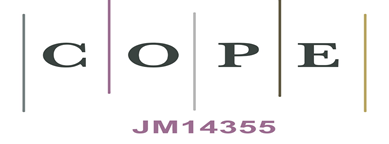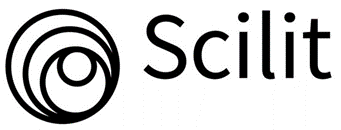FLEXURAL BEHAVIOR OF STEEL FIBER-SELF COMPACT CONCRETE SLABS
Civil
Keywords:
Flexural Behavior, Self-Compacting Concrete, Steel Fibers and SlabsAbstract
Self-compacting concrete (SCC) is one of the most important developments in concrete technology. Although SCC has high performance, but it like normal concrete in being brittle material with low tensile strength and poor fracture energy, therefore, steel fibers can be added to SCC to increase tensile strength, improve stiffness, improve fracture energy and improve flexural and shear strength. This research presents experimental study to investigate flexural behavior of steel fiber-self compacting concrete two way slabs. The experimental program include testing eight slabs to study effect of steel fibers volumetric ratio on normal and high strength SCC, effect of flexural steel reinforcement ratio and effect of compressive strength of SCC on flexural behavior. It is found experimentally that, the improvement in high strength SCC in terms of first crack load, ultimate load and ultimate deflection is less efficiency than that of normal strength SCC, however, as steel fiber increases from 0% to 0.8% in normal strength SCC, the first crack load, the ultimate flexural strength and the ultimate deflection increased with percentages (51.4%, 24.7%, and 30.8%) respectively, as compared with nonfiberous SCC slab, while the increases in high strength SCC were(18.2%, 19.2%, and 17.1%) respectively. Also the results showed that steel reinforcement and compressive strength has significant effect on flexural behavior of steel fiber-SCC slabs.
Downloads
Downloads
Published
Issue
Section
License
Copyright (c) 2015 Murtada A. Ismael

This work is licensed under a Creative Commons Attribution 4.0 International License.












